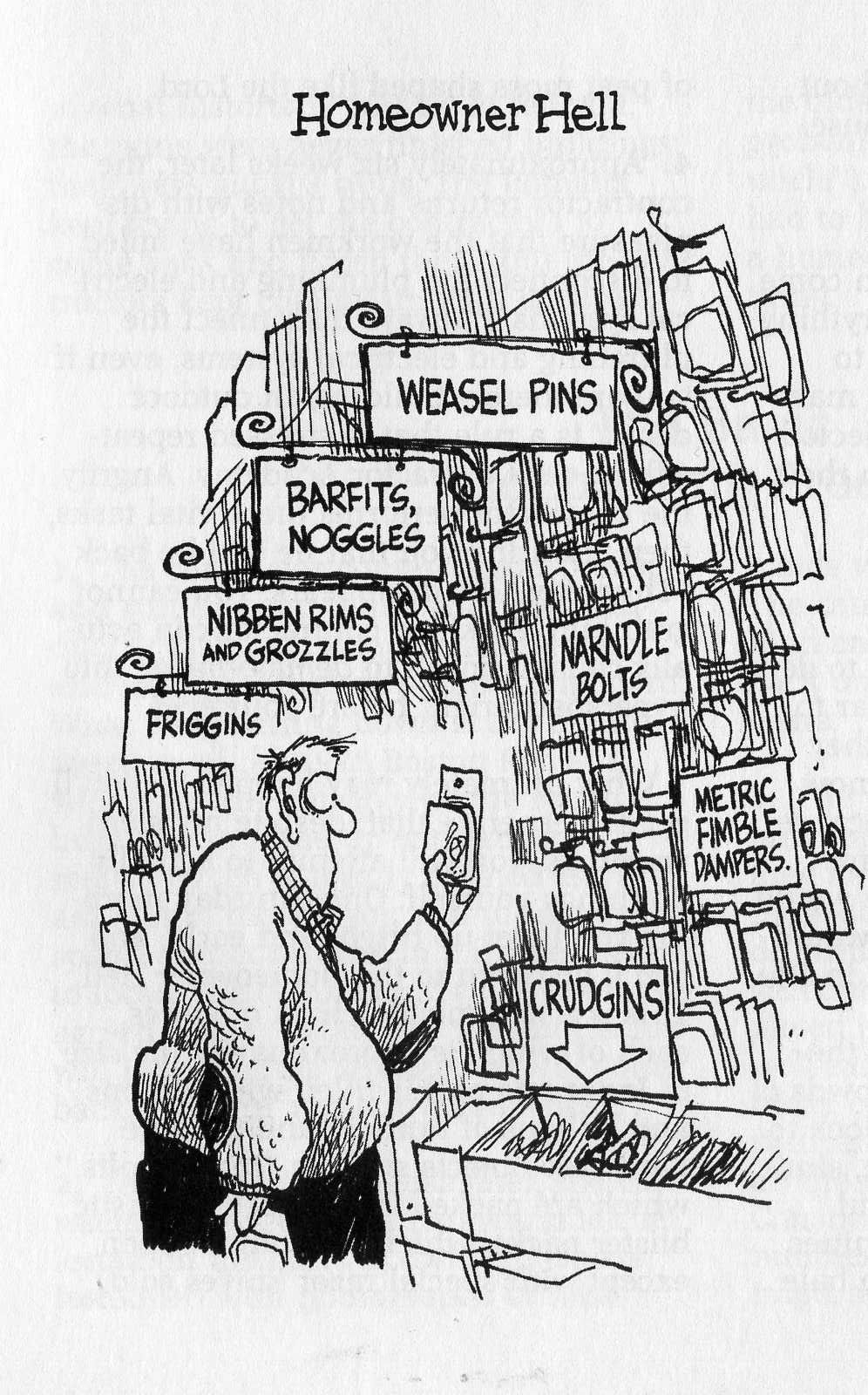This book is a collection of interrelated short stories set in a dystopian near future. This future has a rigged societal structure based on employment, with the unemployed sent to live in underground barracks sort of like modern housing projects, but with fewer prospects. Also, corporations run the world.
In this thread, a young boy becomes the smartest man in the world and hears the voice of God in intergalactic static before euthanizing his caretakers; a woman boxer becomes heavyweight champion; a man meets the reclusive head of a megacorporation and beats him at tennis; a private investigator finds that his new lover is the assassin killing his clients’ comrades; a designer gets a promotion that he never dreamed of; whitey creates a virus to kill black people, and a team of black people mutate it so it kills white people.
The stories are stronger in the beginning, when they’re only tangentally connected in that they’re set in the same world. They’re independent and self-contained, so they are stronger. Once the characters start coming together, it weakens. By the time we get to the end, the final culmination of the book seems forced and not satisfying because it seems like Mosley is trying to tie it up neatly.
Given the ending of the book, you might think Mosley’s politics are all leftist and whatnot. Frankly, since the book is dedicated to Danny Glover, I expected at least one full-mouth kiss of a Latin American dictator somewhere. But Mosley’s a bit weaselly. His characters espouse some odd positions, such as the aforementioned man who meets the reclusive leader of the corporation who turns down a job offer where he could make a difference for the human race, provide well for his family, and become something, but chooses instead to remain a radical chasing down conspiracies that keep the black man down or such as the ultimate elimination of the blue-eyed devil in the end. However, throughout, Mosley sprinkles in self-determining heroes, asides praising private property, and the book ends with the white man gone and brutal tribalism rising from the survivors. Mosley’s stories and his themes are more complex than that. They keep me guessing and engaged on a thematic level.
A pretty good book. Starts strong, ends kinda weakly. He’s no John D. MacDonald, but who is?



